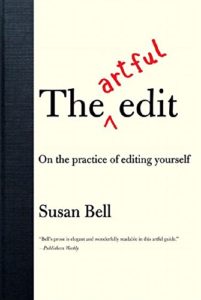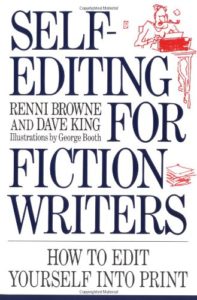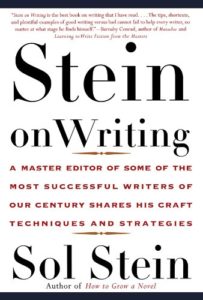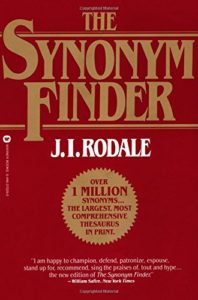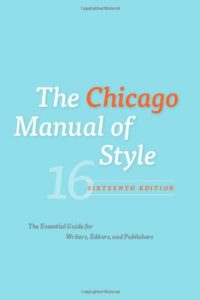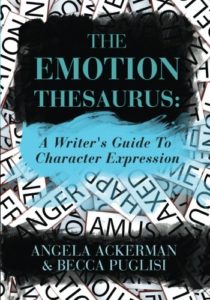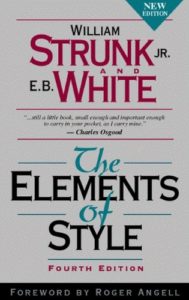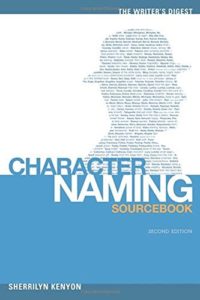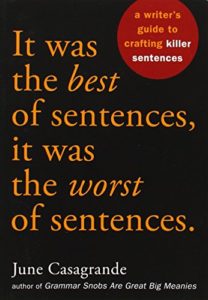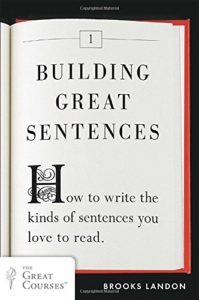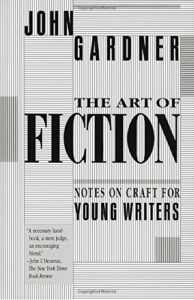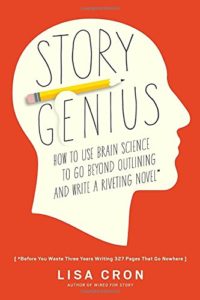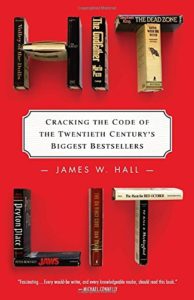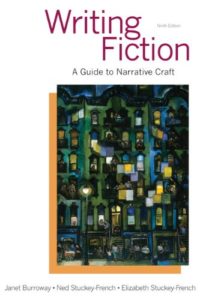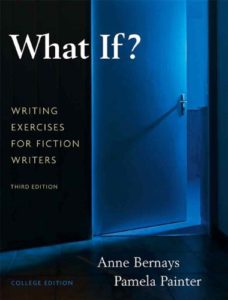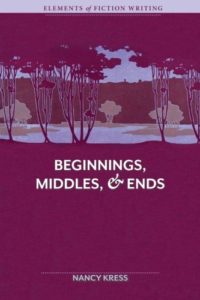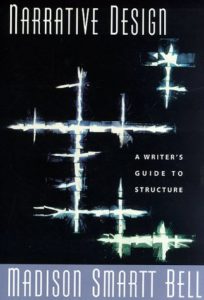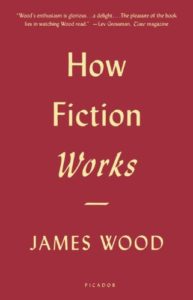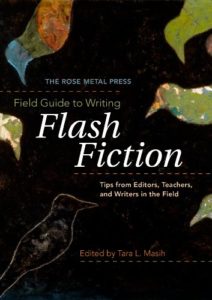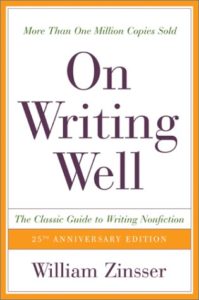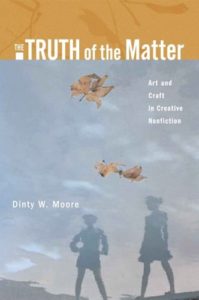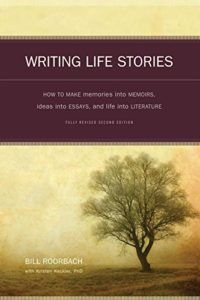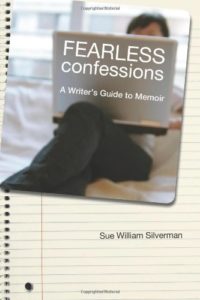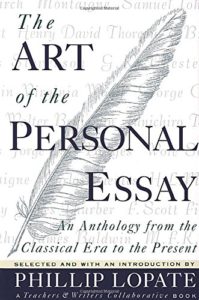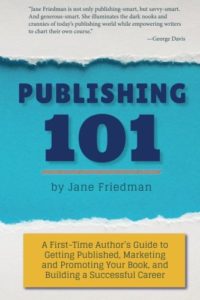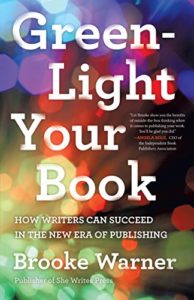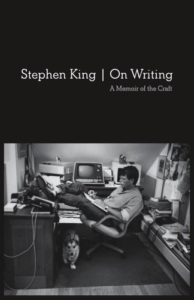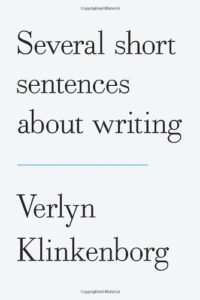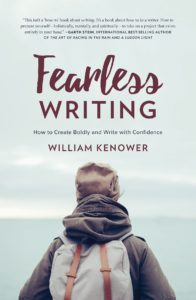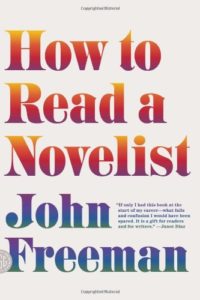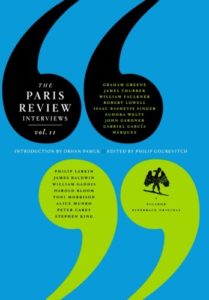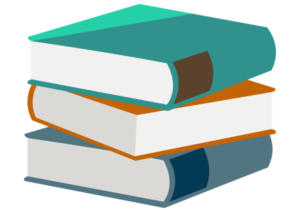
RECOMMENDED BOOKS ON WRITING
Click on a category below to go straight to that section, or simply scroll down the page.
ON REVISION AND SELF-EDITING
The Artful Edit: On the Practice of Editing Yourself, By Susan Bell
My own copy of this book is dog-eared. Bell provides great examples of powerful editing techniques at both the macro- and micro-levels of writing (big picture and sentence-level). She deconstructs Fitzgerald’s choices in various drafts of “The Great Gatsby”, a fascinating, instructive lesson in the power of word choices and crafting sentences. On my must read list.
Self-Editing for Fiction Writers: How to Edit Yourself Into Print, by Renni Browne & Dave King
This one’s great because it’s written by two experienced editors who know what they’re doing, and the teacher in me loves that each chapter has both checklists for learning, and exercises for you to complete so you can immediately apply what you’re learning, which means you’ll retain what you read.
Stein on Writing, by Sol Stein
A master editor, Stein has worked with some of the most successful writers out there. In this book he provides immediately useful craft advice for writers of both nonfiction and fiction. He’ll show you exactly how to fix what’s flawed, and shares great examples from his vast experience while doing it.
REFERENCE BOOKS
The Synonym Finder, by J.I. Rodale
This is my absolute, hands-down favorite thesaurus of all time! It sits at hand on the right corner of my desk and I use it daily. You might think you have a great thesaurus already, but if you haven’t used Rodale’s … this book will spoil you for any other thesaurus, I guarantee it. This one’s a must have for your personal reference library.
The Chicago Manual of Style, 15th Edition, by University of Chicago
For anyone who works with words, whether on a page or computer screen, this continues to be the one reference book you simply must have. A lot of people reach out to me with specific questions about writing—grammar, structure, punctuation—and this is where I turn to find the answers.
The Emotion Thesaurus: A Writer’s Guide to Character Expression, by Angela Ackerman & Becca Puglisi
This is another must have! Whether your characters are fictional or real, it can be tough to convey their emotions through gesture, internal sensations and expressions. This thesaurus gives you a great place to start to figure out just what emotions look and feel like. I use this all the time – dare you to try it and not start acting out your characters’ gestures & facial expressions! This will make your writing stronger, guaranteed.
The Elements of Style, William Strunk, Jr. and E.B. White
A tiny, critical classic that I dip in and out of all the time. Includes elementary rules of usage, principles of composition, commonly misused words and expressions, and an approach to writing style. All that sounds somewhat stuffy, but it’s not. Easily-digested tidbits throughout this diminutive work. Every writer needs this one on his or her reference shelf.
The Character Naming Sourcebook, by Sherrilyn Kenyon
Here’s another one I use all the time. A great glossary of names – and their meanings – from all over the world, logically organized for both quick reference and easy browsing. Need a Polish female name that means ‘lucky’? No problem! (Felka, Fela, Felcia) Writing fiction? Get this book.
Warning, though. You can easily sink into this rabbit hole for far too long!
ON SENTENCES
It was the best of sentences, it was the worst of sentences. By June Casagrande
Want a humorous manual on grammar and syntax? This one’s for you. Casagrande shows you “exactly what makes some sentences great — and other sentences suck.” Her chapter titles include ‘Words Gone Wild’ and ‘Words Gone Mild’. If that makes you smile, pick up a copy. This one’s relatively new to me, so I’ve not used it enough yet to call it a ‘must have.’
Building Great Sentences, by Brooks Landon
This book comes from a Great Courses course of the same name, but don’t waste your time or money on the course – it’s basically Landon reading his book to you from behind a podium! The book is more academic than most I recommend, so if you’re truly serious about learning how to craft great sentences, this one will be helpful; just be mindful that it demands you study hard.
ON THE CRAFT OF WRITING FICTION
The Art of Fiction: Notes on Craft for Young Writers, by John Gardner
‘Young’ is not age-specific in this case; if you’re somewhat new to writing fiction, or if you want to learn the craft quickly and well, this book is perfection. I learned so incredibly much about how to write great fiction from studying this book, and it’s one I still turn to again and again. If you’re trying to write fiction of any sort, this one’s top of the list.
Story Genius: How to Use Brain Science to Go Beyond Outlining and Write a Riveting Novel, by Lisa Cron
I was skeptical at first when I read the description of this book, and now I’m using it as a guidebook for writing my third novel! I’ve always been a “pantser” (I write to discover, rather than plot in advance), but Cron’s book has opened my eyes to how you need not lose the magic of discovery when mapping out your novel before you begin to write it. I’m having as much fun doing what she suggests as I did while writing to discover—and I expect I’ll shave a few years off my writing process.
Hit Lit: Cracking the Code of the Twentieth Century’s Biggest Bestsellers, by James W. Hall
Far more than a “how to write a bestseller” book, Hit Lit deconstructs some of the bestselling novels of all time (like Gone with the Wind, and Jaws) and points out what they each have in common that made them sell so well. There’s no formula here, only careful scrutiny of terrific novels that made it big, and much food for thought for the serious novelist.
Writing Fiction: A Guide to Narrative Craft, by Janet Burroway
You won’t find a better guide to writing fiction anywhere. This is the go to craft book for learning how to write fiction. You can’t go wrong with this one. Everything you want to know about writing fiction is in this book. I learned a ton from Burroway.
What If? Writing Exercises for Fiction Writers, by Anne Bernays and Pamela Painter
Short, potent chapters containing writing exercises guaranteed to build your fiction chops. This one’s accessible, fun, and endlessly instructive. If you have a particular area of craft that you’re struggling with, this book will get you unstuck. Very happy to have this on my shelf.
Beginnings, Middles & Ends, by Nancy Kress
So many people get hung up writing the middles of stories, especially with longer works like the novel. This is the book I send people to check out when that happens. Same with story endings. And, of course, there’s great information about beginnings, too. This one gives you a great overview of story sections, and exercises for how to fix problems you might have.
Narrative Design: A Writer’s Guide to Structure, by Madison Smartt Bell
A terrific book focused solely on form that will get you thinking first and foremost about the structure of your story, something we all too often leave until the end, when it can be too late. Each chapter begins with a short story, which Bell then deconstructs so you can see exactly how every element of the story was structured. A fascinating study of the craft!
How Fiction Works, by James Wood
This is a lovely literary study of the magic of fiction by a New Yorker staff writer, which means it has a certain erudite and lyrical quality that I personally found wonderful, but some writers might find stuffy. If you’re writing literary fiction, though, this one’s a must read.
The Field Guide to Writing Flash Fiction, by Tara L. Masih
Terrific essays from 25 great writers on the wonderful form of fiction that we like to call ‘flash’. Add to these essays prompts, exercises, example stories to study and a history of the short-short form, and you’ve got a definitive guide to writing, reading and being inspired by flash fiction.
ON THE CRAFT OF WRITING NONFICTION
On Writing Well: The Classic Guide to Writing Nonfiction, by William Zinsser
The word ‘classic’ here is a clue – this is the one essential guide to writing nonfiction that every essayist, memoirist and journalist has on his or her reference shelf. Writing nonfiction? Get this book – simple as that.
The Truth of the Matter: Art and Craft in Creative Nonfiction, by Dinty Moore
You can’t write creative nonfiction and not know Dinty Moore, editor of the nonfiction journal Brevity. This craft book is essential for nonfiction writers. Individual chapters are devoted to detail and description, characterization and scene, distinctive voice, intimate point-of-view, and the various ways in which writers discover the significance or universality of their work.
Writing Life Stories: How To Make Memories Into Memoirs, Ideas Into Essays And Life Into Literature, by Bill Roorbach
The title pretty much says it all. What it doesn’t say is the Roorbach is a lovely man and lovely writer, and he doesn’t mince words or skimp on the helpful exercises in this terrific book. You won’t be sorry to become acquainted with Roorbach.
Fearless Confessions: A Writer’s Guide to Memoir, by Sue Silverman
Sue William Silverman covers traditional writing topics such as metaphor, theme, plot, and voice and also includes chapters on trusting memory and cultivating the courage to tell one’s truth in the face of forces―from family members to the media―who would prefer that people with inconvenient pasts and views remain silent. Writing a memoir? This book will help.
The Art of the Personal Essay: An Anthology from the Classical Era to the Present, by Phillip Lopate
This is a craft book only in the sense that you can study these personal essays, nicely brought together by Lopate, to see how great essayists crafted their own essays. Read these and learn!
ON PUBLISHING
Publishing 101
Jane Friedman has also written a terrific, no nonsense, common sense and helpful guide for first time authors who need to learn about the overall world of publishing. She knows her stuff!
Green-Light Your Book: How Writers Can Succeed in the New Era of Publishing
By Brooke Warner. If you’re trying to navigate your way around this new era of publishing, and trying to figure out whether to approach agents to go with a traditional publisher, go the self-publishing route or choose a hybrid publisher (which is what I did), this book is for you. Brooke Warner (my publisher at She Writes Press), knows her stuff, and tells it like it is in a refreshing, no nonesense style.
INSPIRING BOOKS ABOUT WRITING & WRITERS
On Writing: A Memoir of the Craft, by Stephen King
I’m just going to come right out and say it: if you don’t already own this book, click on the cover and buy it right this minute. Really! You’ll read it more than once, trust me. Classic King: friendly, pointed, well-told, and chock full of helpful tools of the trade that you simply can’t be without. If you’re disappointed I’ll give you your money back. Did I mention that you should just buy it?
Several short sentences about writing, by Verlyn Klinkenborg
I’ve lost track of how many copies of this book I’ve given away. Klinkenborg goes against the grain and dispels a lot of the myths we’ve all learned about what it means to be a writer, and to write. Every single page contains provocative and helpful information about how to write well. I open this book to a random page at least twice a week, for inspiration and instruction.
Fearless Writing: How to Create Boldly and Write with Confidence, by William Kenower
If anyone can help you find the courage to create your best writing life, it's Bill Kenower, hands-down. This guy walks the talk, living his own best writing life with joy and confidence, which is infectious. This inspiring book will help you discover that you can absolutely overcome your deepest fears and find joy in the challenging world of being an author. Read this book and enjoy the process of fearless writing!
How to Read a Novelist, by John Freeman
I devoured this book, which is a collection of conversations that John Freeman has had with more than 50 great novelists. If you’re a writer, you will find companionship in these pages, and end up feeling inspired to keep at your work. I recommend reading one conversation per day before you sit down to write. You won’t be sorry.
The Paris Review Interviews, I-IV by The Paris Review, with an introduction by Philip Gourevitch
This wonderful four-part collection is a treasure trove of interviews with our greatest contemporary writers. I read this slowly, one interview at a time, and savored every moment. If you want to feel inspired, and feel yourself a part of the wonderful world of great writers, read these books. Learn more about the boxed set of four.

